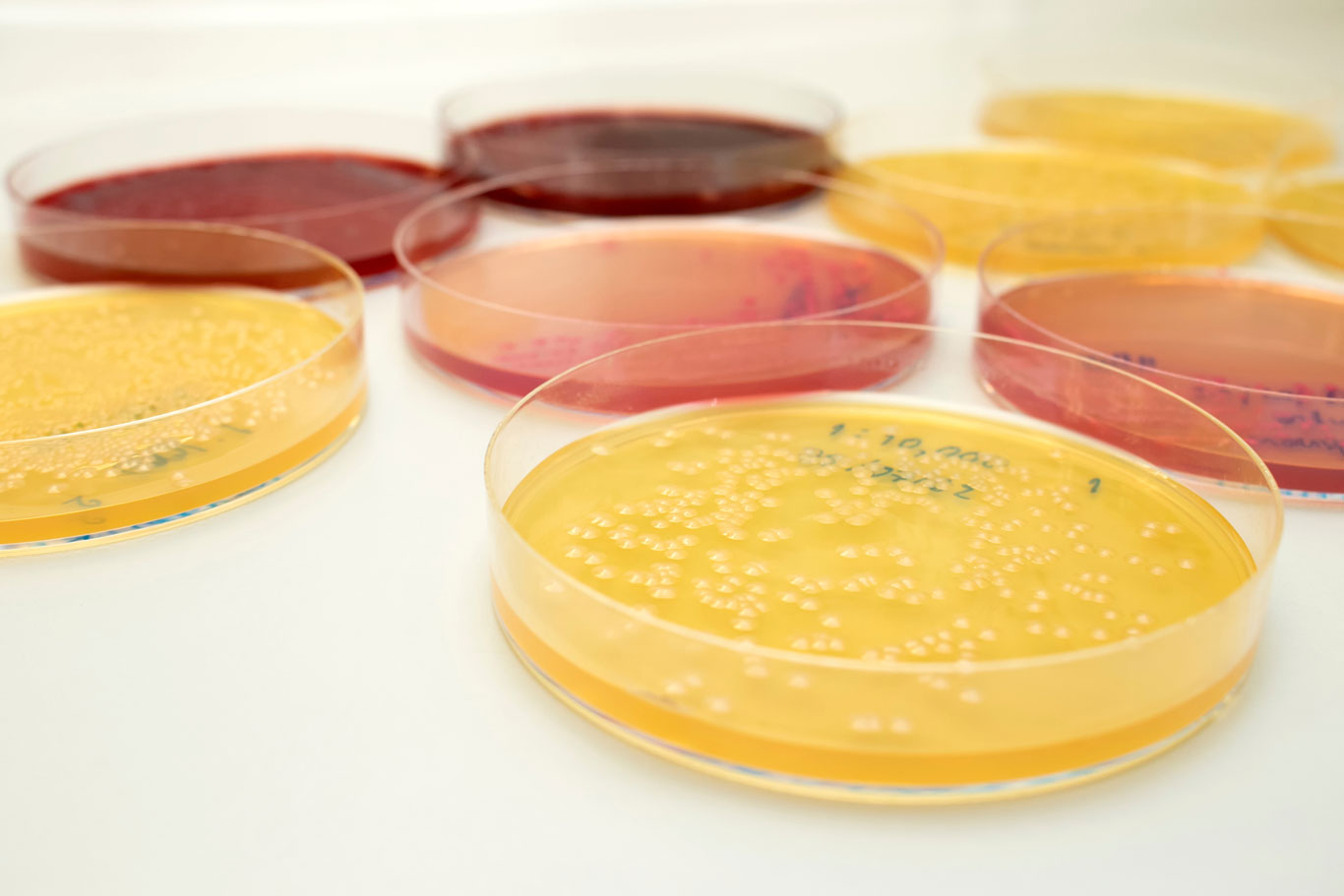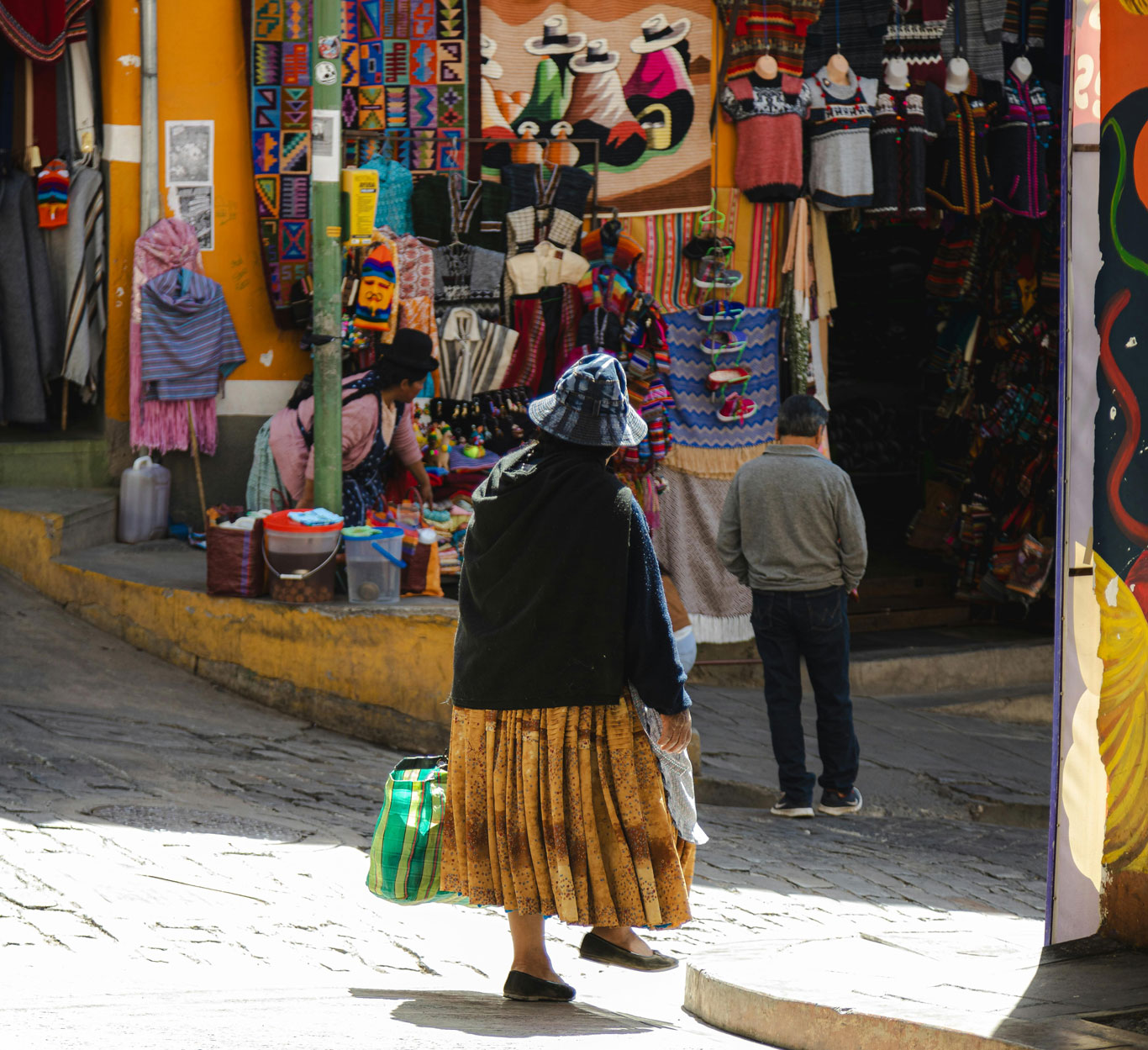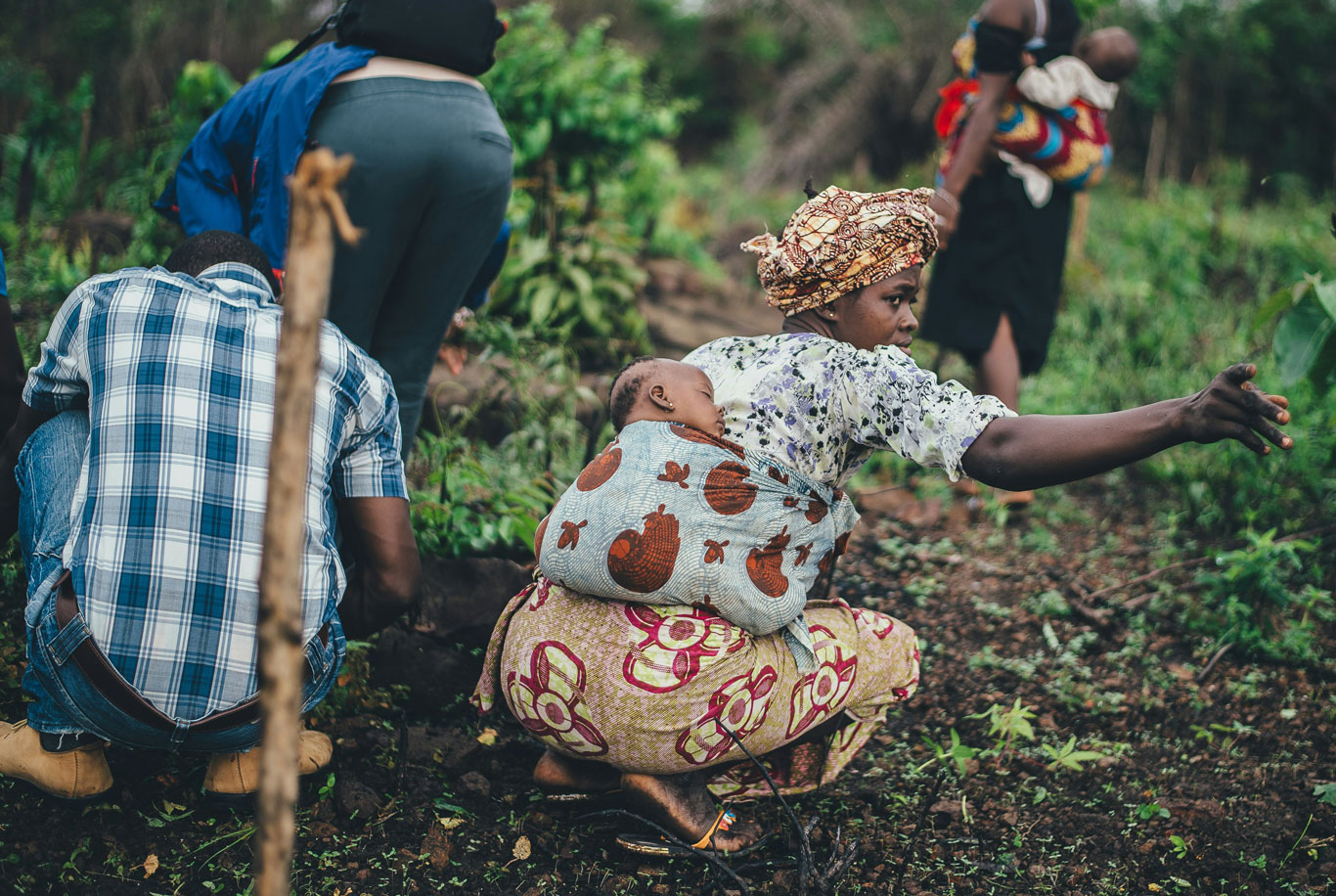Sharing knowledge and best practices
MESA, the malaria knowledge hub hosted by ISGlobal, consolidated its position as a forum to bring the malaria community together to facilitate information sharing and foster collaboration. In 2023, MESA created a Community of Practice on a genetic mutation that renders malaria parasites undetectable to rapid diagnostic tests. The CoP, composed of more than 250 members (staff from national malaria control programs, researchers, WHO and technical partners), provides technical support for the surveillance of such genetic deletions and shares best practices, lessons learned and relevant resources.
Other key MESA activities this year include collaboration on the establishment of molecular surveillance of malaria in Africa, support for updating WHO technical guidelines on preventing reintroduction in malaria-free countries, and a series of systematic reviews on malaria elimination strategies in collaboration with the US CDC and WHO. 1,502 projects were added to the MESA Track database, which compiles malaria research projects with a focus on operational research and implementation science.
Advancing evidence for reducing malaria burden
The initiative advanced on its two major research projects. BOHEMIA, which is evaluating the impact of community-wide administration of ivermectin to kill malaria-transmitting mosquitoes, completed its trial in Mozambique with more than 20,000 participants and started a trial of similar magnitude in Kenya. The ADAM project has completed a mass administration of antimalarial drugs in the community to rapidly diminish malaria burden, and is currently implementing reactive focal drug administration. The strategy was conceived in a way that it can be rolled out by the regular health system in Mozambique. To ensure its success, it includes integration with other health interventions, the use of satellite maps and digital platforms for implementation in the field and data management, community engagement, human resource organisation and pharmacovigilance, among others. Evidence generated by this project, developed with the National Malaria Control Program, was used to update national guidelines for the programmatic implementation of these two interventions in Mozambique.














